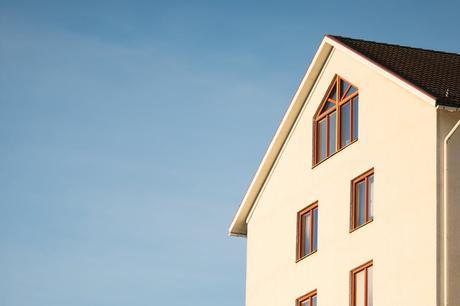
It’s easy to become attached to the first property that you live in. After all, it is home to all sorts of memories. But as time goes on and your circumstances change (hopefully for the better), you are likely to find that your starter home no longer meets your needs and you are finding certain aspects of it to be increasingly inconvenient. When problems start arising, it’s time to start seriously considering a move. Perhaps you need more room to accommodate your increased number of belongings or the addition of a little one to the family. Maybe your current home has the basics but you can now afford something a little more upmarket. You might even just fancy a change of scenery. Whatever your reason for considering a move, you need to ensure that you are organised and don’t make any rash decisions. Here are a few things to bear in mind when planning a house move.
Selling Your Current Property
First things first, you need to organize the sale of your own property. While you can sell yourself, it’s almost always a better idea to work alongside a reliable estate agent, such as Power House Real Estate. Individuals working in the field professionally will have much more sales experience than you do and most likely already have contacts who are looking for a home like yours. Evaluate the value of your property and set an asking price. Have professional pictures taken, which can be used for advertising. Then organize viewings, allowing people to check out your property in person.
Consider Renovations
Sometimes the smallest of renovations can add significant value to your house. So give them sensible consideration. If you want a quick sale, you will most likely lack the time necessary to complete larger jobs. But if you have time on your side, you might as well get the most money possible. Consider loft conversions, bathroom installations and extensions or the addition of a conservatory.
It’s easy to become attached to the first property that you live in. After all, it is home to all sorts of memories. But as time goes on and your circumstances change (hopefully for the better), you are likely to find that your starter home no longer meets your needs and you are finding certain aspects of it to be increasingly inconvenient. When problems start arising, it’s time to start seriously considering a move. Perhaps you need more room to accommodate your increased number of belongings or the addition of a little one to the family. Maybe your current home has the basics but you can now afford something a little more upmarket. You might even just fancy a change of scenery. Whatever your reason for considering a move, you need to ensure that you are organised and don’t make any rash decisions. Here are a few things to bear in mind when planning a house move.

Start Looking at New Properties
Once everything is ready for sale, start viewing new properties that may become your future home. Be choosy. You don’t have to put in an offer for the first house that you see. Ensure that you visit and take a look around before putting an offer in, even if the property is relatively far. This will remove the possibility of nasty surprises when you turn up to move in. Remember that photographs can be deceptive. Clever angles, lighting and editing can make space seem much more appealing that it may actually be.
Moving Day
You need to prepare thoroughly for moving day. Packing your whole life up into boxes is likely to take much longer than you’d imagine. Especially if you are being sensible and organised. Remember to pack room by room and label boxes with details of their contents. “Fragile labels” or stickers are essential for goods that are liable to break, such as crockery or glass goods.
Ensuring that you abide by these suggestions will make your more likely to have an enjoyable and practical move into your new property. But remember that once you’re there, the journey isn’t over. You still have to unpack and decorating to focus your efforts on.
